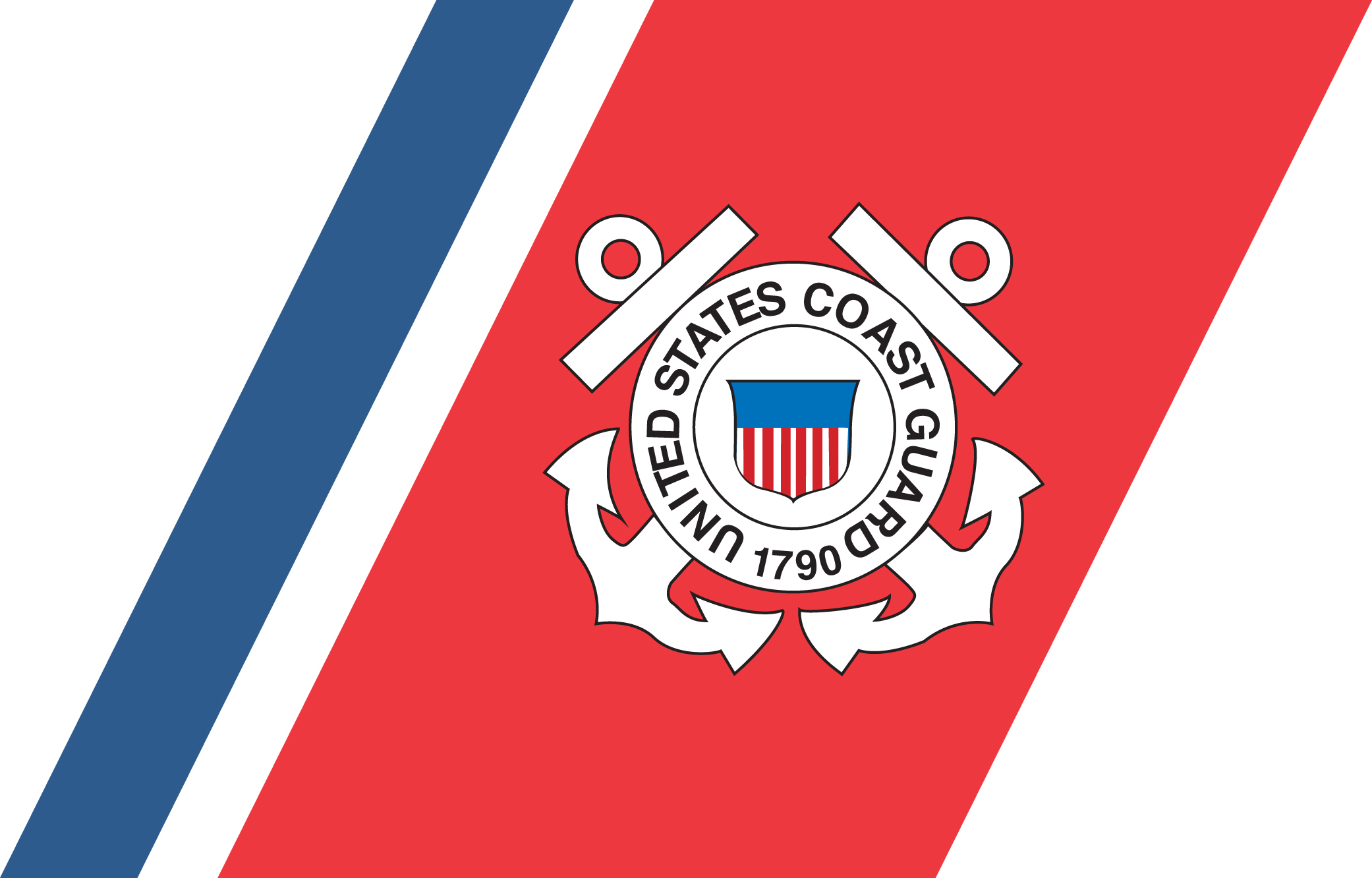News from
“Vessel Incidental Discharge Act (VIDA) Update: AIS Access and Reporting and Enforcement Data Working Group
The Office of Operating and Environmental Standards (CG-OES) invited representatives from 55 U.S. states and territories to participate in a conference call Dec. 4, 2019, to address issues related to the Vessel Incidental Discharge Act.
Capt. Sean Brady, chief of OES, and Lt. Cmdr. Bryan Watts from the Environmental Standards Division, welcomed everyone on the call and provided an overview of the VIDA.
VIDA was signed into law on Dec. 4, 2018, as Title IX of the Frank LoBiondo Coast Guard Authorization Act of 2018. VIDA establishes new responsibilities for the Coast Guard to enforce U.S. Environmental Protection Agency (EPA) performance standards for marine pollution control devices (both equipment and management practices) that control discharges incidental to the normal operation of a vessel. These discharges were previously regulated by the EPA under the Vessel General Permit (VGP) process.
Provisions of VIDA direct the Coast Guard to engage with Governors’ offices and state environmental protection agencies. During the call, Brady emphasized his desire to establish a transparent and productive working relationship with state and territorial partners.
The conference call established a working group to address related issues of state access to federal vessel arrival data, ballast water management reporting data, and enforcement data for commercial vessels operating in waters of the United States.
A representative from the Coast Guard Navigation Center (NAVCEN) then provided a summary of the Coast Guard’s Automated Identification System (AIS) system and other tracking databases available to state agencies. An option presented to the states was the Department of Transportation (DOT) AIS program known as SeaVision. To date, SeaVision’s data community has accepted account applications from three states.
The Smithsonian Environmental Research Center described the National Ballast Information Clearinghouse (NBIC), and how ballasting data from commercial vessels is incorporated into a database that provides a national view of ballasting operations.
The working group agreed to schedule another call in the spring of 2020 to continue discussing requirements for the work group to collectively manage this data. The Coast Guard encourages those states and territories that have not yet provided points of contact to do so as soon as possible by emailing the contact information to environmental_standards@uscg.mil.
Following are the three VIDA provisions the working group will address:
1. 16 U.S.C. 4712(f)(5) – “Not later than 1 year after December 4, 2018, the Secretary shall establish a working group, including members from the National Ballast Information Clearinghouse and States with ballast water management programs, to establish a process for compiling and readily sharing Federal and State commercial vessel reporting and enforcement data regarding compliance with this chapter.”
2. 33 U.S.C. 1322(p)(5)(D) – “Beginning not later than 1 year after December 4, 2018, the Secretary shall provide to the Governor of a State, on request by the Governor, access to Automated Identification System (AIS) arrival data for inbound vessels to specific ports or places of destination in the State.”
3. 16 U.S.C. 4712(f)(3)(A), (B) – “On receipt of a ballast water management report … the National Ballast Information Clearinghouse shall, in the case of a form submitted electronically, immediately disseminate the report to interested States; or in the case of a form submitted by means other than electronically, disseminate the report to interested States as soon as practicable.”
As stated in a Feb 1, 2019 Maritime Commons post, VIDA generally preempts states from setting or enforcing state-specific ballast water management regulations different from those established by the EPA and the Coast Guard, while preserving flexibility for states and certain regions to set, administer, and enforce incidental discharges from vessels.”

